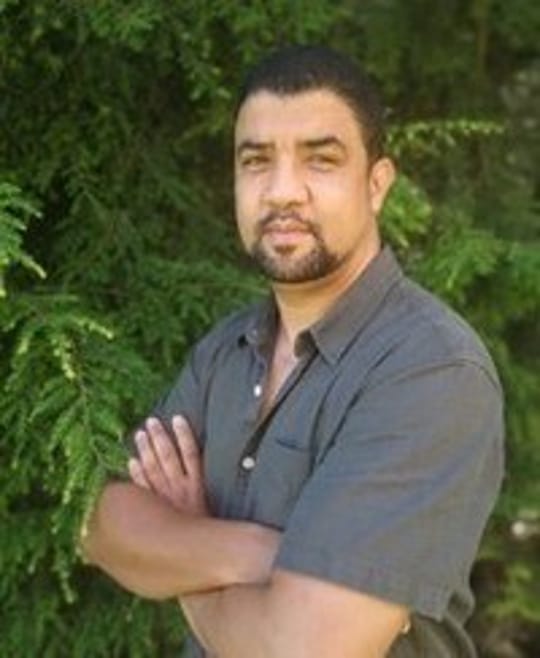EXPANDING THE HIGH ATLAS FOUNDATION’S MODEL TO BURKINA FASO

Dr. Abderrahim Ouarghidi, Project and Training Manager at the High Atlas Foundation, recently visited a community in Burkina Faso, made possible by partnership the Center for International Forestry Research.
Part of the Darga tribe, which borders Ghana, lives in the Dano commune, where Dr. Ouarghidi conducted his visit. Their commune is approximately a four and a half hour drive from Ouagadougou, the capital of Burkina Faso.
In this rural commune, resources are not lacking, yet food security is a main concern. There are a plethora of natural resources and human resources alike: a wide variety of natural fruits, vegetables, grain, and nuts; hard working, honest and serious people. From the perspective of Dr. Ouarghidi, the participatory development method, already utilized in Morocco under the High Atlas Foundation’s training programs, would greatly benefit the people of Burkina Faso. This method actively engages communities in matters that improve their economic, educational, and environmental status. There is a clear gap between the people in power and communities throughout the region, but with the participatory development method, communication between those in power and those in need would improve; the needs of these communities would be met.
Per capita, Burkina Faso receives the highest amount of money in development assistance; yet few problems are solved. Perhaps, it is a matter of the development and aid money not being channeled correctly. For whatever reason (including communities typically not identifying and managing the projects intended to benefit them), the problem of food security and famine is a conundrum. In a region rife with natural and human resources, it is puzzling and completely unnecessary that Burkina Faso faces such problems.
An example of environmental and economic difficulties is the production of beer in Burkina Faso. Falling primarily upon the women of these communities, producing the local beer, called dolo, takes two days of intensive work. Women must collect firewood from the forests and carry it back to the village, which is often a far distance. Then, they ferment and boil millet to make beer. Typically, women sell the beer in the village, but occasionally they sell it in the local market that occurs once during the six-day week. This process is long and intensive; it also highlights the issue of firewood in these communities. Boiling the fermented millet mixture requires a large quantity of firewood, which contributes to deforestation. Although Burkina Faso has plentiful natural resources, it lacks the infrastructure to cultivate these resources and ensure food security.
Some of the many resources include the baobab tree, the moringa tree, ground nuts, karité, gold and mining. The Moringa tree is especially useful: humans and animals can eat it, but it also has medicinal purposes and is hardy: ideal for the drought conditions Burkina Faso faces. In addition, there are forty to fifty different varieties of leafy green vegetables and fruits. The question, then, is how to effectively cultivate this agriculture in order to benefit the communities of Burkina Faso.
One of the project ideas the local communities and Dr. Ouarghidi expressed is the cultivation of forests near schools. The forest, which would belong to the school, would allow students to gather food and resources without having to travel long distances, ensuring their safety and health. This will also improve the economic situation and provide supplemental funding for these schools.
Burkina Faso, particularly these rural communities, would greatly benefit from the participatory development method practiced and taught by the High Atlas Foundation. By providing an opportunity for community members to express what their needs are, the government and infrastructure can be more effective. Problems with food security, deforestation, and general economic and educational empowerment are all concerns of the people of Burkina Faso; yet Burkina Faso is a country rich in both natural and human resources.